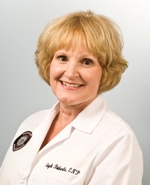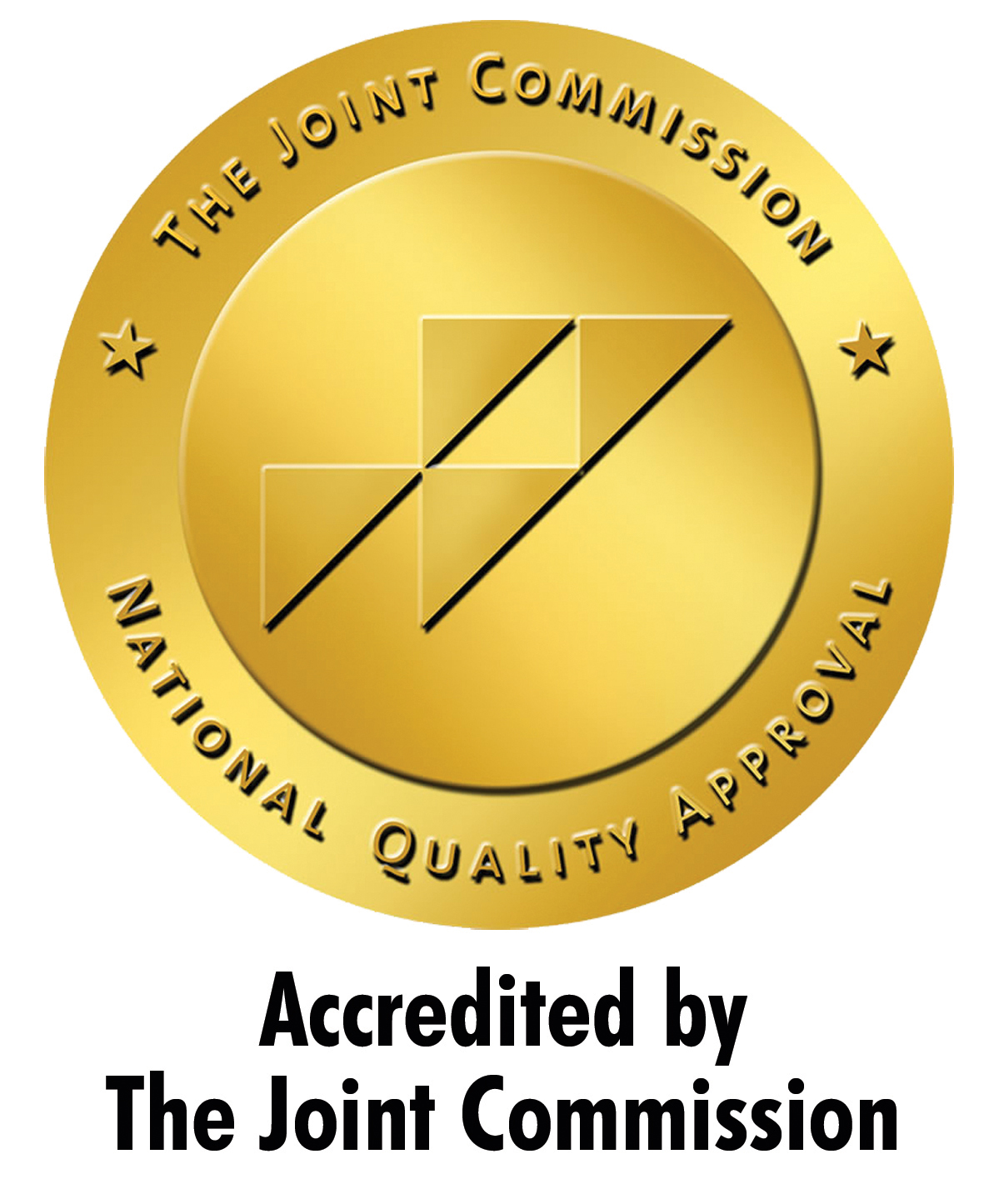What to Do About the Recent Ohio Outbreaks of Measles & Mumps
By Gayle A. Roberts, CNP, MSN, RN
July 30, 2014As a former public health nurse, this time of year as families prepare for school to start, makes me think of immunizations. Protect your children, yourself and your community by being vaccinated. Avoid the long lines and see your healthcare provider to get your child vaccinated, catch up on shots, begin immunizations and check into any shots you may need as an adult.
This past year has seen two major outbreaks of preventable contagious and serious infections in Ohio—measles and mumps. The measles outbreak has been the worst seen in 20 years with Ohio having 368 cases (as of mid-July 2014), the worst in the United States. As residents of the Tuscarawas County area, it’s important to note that neighboring Coshocton and Holmes Counties have had outbreaks, with Knox County having the highest numbers. The Ohio Department of Health website stated that the outbreak occurred when unvaccinated travelers went to the Phillippines where the disease is more prevalent. They came to Ohio and measles spread to others who were not vaccinated or immune to the virus.
Measles is highly contagious and caused by a virus. Viruses are actually more serious than infections as antibiotics do not work against them. The first signs of Measles occur 10-12 days after exposure. A fever is often the first symptom. Soon after a cough, runny nose and red eyes will occur. Next, a red rash with spots will appear on the head first and then the rest of the body. Complications of measles are pneumonia, encephalitis (swelling of the brain, membrane that covers the brain, or spinal cord) and death. Measles spreads so easily that when the infected person coughs, 90% of those around them could get the disease.
Mumps has also made a comeback in Ohio with more cases seen recently than in the past 30 years. Central Ohio leads the country in the number of mumps cases. From January 1-June 28, 2014, 871 cases have been recorded in the US with 457 cases in Ohio.
Mumps or Varicella is also caused by a virus. It, too, is very contagious and can have long term complications such as sterility for males due to a testicle infection, infection of the ovaries in females, inflammation of the brain, and infection of the breasts can occur. Deafness can also be a result of mumps.
Mumps starts a few days after exposure with a fever, headache, muscle aches, fatigue and loss of appetite. Swelling of the salivary glands under the jaw line occurs.
For both measles and mumps, treatment only consists of bed rest, control of fever and providing comfort. Those who are close to infected individuals (as in homes, dorms or other crowded places) need to be alert for the signs of the viruses.
Vaccination is the only way to prevent measles and mumps unless you have had the diseases or have a blood test that shows you are immune. Only two doses of the MMR (Measles, Mumps and Rubella (known as the three day measles) Vaccine are required for lifetime prevention. If you have not had the vaccine, get it. If you have only had one dose, get it. The first dose of the vaccine should be given at 12-15 months of age, with the second dose given between 4-6 years of age.
I am aware that some people have had questions regarding the safety of vaccines. There is no research that currently shows any connection between the MMR vaccine and autism. With the upsurge of these two viruses, everyone should discuss vaccination risks versus the actual diseases with their healthcare provider and make an informed decision regarding their children's health, their own health and that of the community.
Talk to your healthcare provider soon to update vaccines not just for school but for good health! More information can be seen at the Ohio Department of Health website at www.odh.ohio.gov or at the Centers for Disease Control website at www.CDC.gov. All you need to do is search vaccinations or search for any concerns you have about public health.
Gayle A. Roberts, CNP, MSN, RN is a retired nurse practitioner and college nursing professor who volunteers for Trinity Hospital Twin City.
« Back to Learning Center



